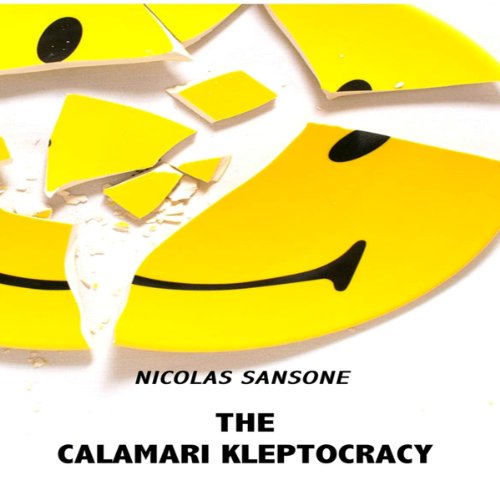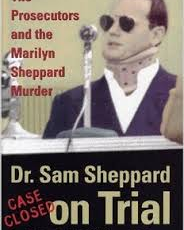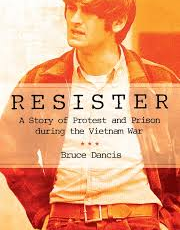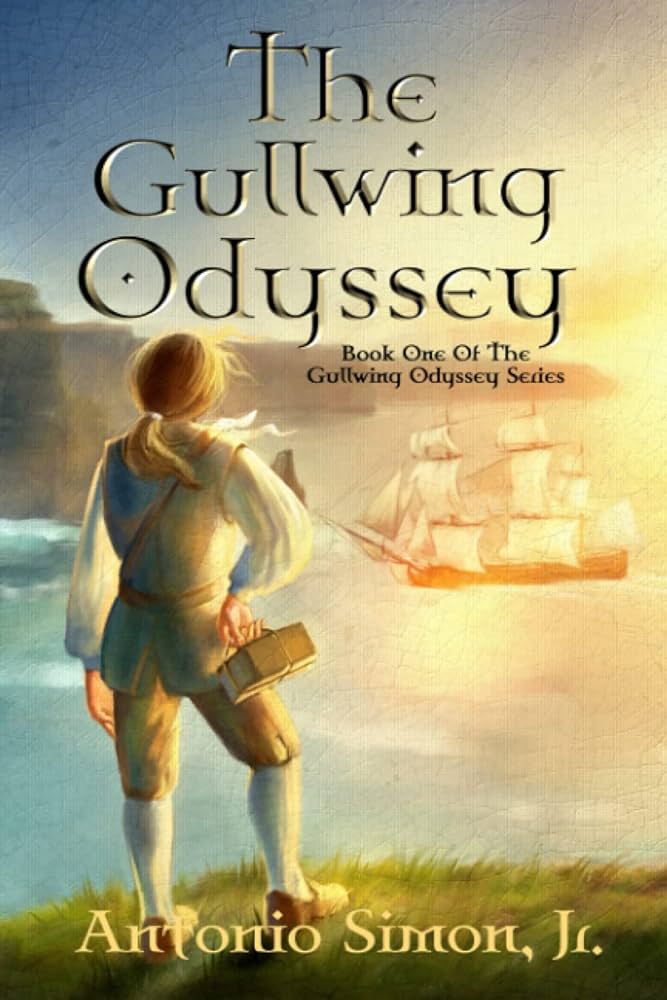I'm the narrator...
Remember being read to as a small child? The pleasure and the intimacy of it? I still enjoy listening to books more than reading them. My wife, Ann, and I often read to one another; especially when on a trip in the car, or in quiet moments at home. I’m Elliott Walsh, and I’ve recorded a number of audio books offered at Audible.Com.


The Calamari Kleptocracy
Peace-loving Thor Gunderson has to make a choice when A Panini for Your Thoughts, the Fascist-themed Italian restaurant where he works, devises an incendiary plan to eliminate its competition. Should he swallow his pacifism, trust in his jingoistic boss, Alan, and stand behind his restaurant-nation? Should he dredge up the fortitude to speak his convictions to Alan’s nefarious “business associates?” Or should he run off with the German who has offered him two million dollars in exchange for his assistance in tracking down a set of pilfered Tintoretto paintings? When Thor falls in love with a new hire, Ms. Barbara Hackbush, whose internet doctor has diagnosed her with a troubling array of expensive “ailments,” he makes up his mind: He will join the German on his “adventure-quest,” make millions, and return to save Ms. Barbara from penury.
However, as Thor is double-crossed by those he trusts the most, he begins to understand that blissful naivete is the surest path to ruin.

Headwind
If you’re on vacation, fly coach. If you’re on business, fly first class. If you’re on a mission, fly with Mickey. Tony Boccaccio is after a bag of cash that he believes is his. Max Burke thinks otherwise and has hired two couriers to take the money to California. Mickey Soto is a commercial pilot hauling freight and instructing students from a small, Florida airport. Tony hires Mickey and his airplane to go after the couriers. Mickey thought his days of flying illegal cargo were behind him, but the lure of easy money and his policy of ‘don’t ask/don’t tell’ cause him to add to his history of poor decisions. Tony’s cousin, Gina, jumps in to help, and the three of the end up in a desperate cross-crountry race that leads to a West Coast pier and a fateful decision by Tony that impacts their lives in ways that none of them could have foreseen.

Dr. Sam Sheppard on Trial
Marilyn Sheppard, four months pregnant and mother of a toddler son, was bludgeoned to death in her Bay Village, Ohio, home in the early morning of July fourth, 1954. The cause of death was 27 blows to the head with a heavy instrument. Who took her life so brutally has been the subject of much controversy and debate for over half a century. Was it her husband, Dr. Sam Sheppard? He was convicted in what was then called “the Trial of the Century”, in the case that helped inspire the TV series and the movie The Fugitive? Later, defended by F. Lee Bailey in his second trial in Cleveland, Sheppard was found not guilty of his wife’s murder. And then in 2000, in what has been referred to as “the Retrial of the Century”, Sam Reese Sheppard attempted to prove in a civil trial, while suing the State of Ohio for millions of dollars, that his father had been wrongly incarcerated. This fascinating book reveals the final outcome of the saga of the Sam Sheppard trials!

Resister
Bruce Dancis was no stranger to political action. He grew up in a radical household and took part in the 1963 March on Washington as a 15-year-old. He became the first student at Cornell to defy the draft by tearing up his draft card. He also turned down a student deferment and refused induction into the armed services. He was the principal organizer of the first mass draft-card burning during the Vietnam War and a cofounder and president of the Cornell chapter of Students for a Democratic Society. Dancis spent 19 months in federal prison for his actions against the draft.
In Resister, Dancis not only gives listeners an insider’s account of the antiwar and student protest movements of the ‘60s but also provides a rare look at the prison experiences of Vietnam-era draft resisters. Intertwining memory, reflection, and history, Dancis offers an engaging firsthand account of some of the era’s most iconic events. Along the way, Dancis also explores the relationship between the topical folk and rock music of the era and the political and cultural rebels who sought to change American society.

The Gullwing Odyssey
Marco’s life as a messenger isn’t great, but the work is easy, and he gets retirement pay in 30 years. Little does he know his life teeters on the cusp of change.
When an unusual assignment sends him overseas, he finds himself stranded in foreign lands. Even that wouldn’t be so bad if he weren’t constantly outrunning pirates, embroiled in international intrigue, and attacked by a hummingbird with an appetite for human brains – that’s just the start of his misadventures.
But lurking in the wings is a much greater threat than getting sacked from his job. The fate of an entire civilization may rest upon his scrawny shoulders. In spite of himself and quite by accident, Marco may become the hero he strives not to be.

Moral Evil
Andrew Michael Flescher proposes four interpretations of evil drawing on philosophical and theological sources. sometimes citing film and literary examples to trace through history mankind’s struggle with evil.
Flescher rejects the temptation to think of human agents who commit evil as outside the norm of human experience. Instead, through the honing of moral skills and the practice of attending to the needs of others to a greater degree than we currently do, Flescher offers a plausible and hopeful approach to the reality of moral evil.
Critical reviews: